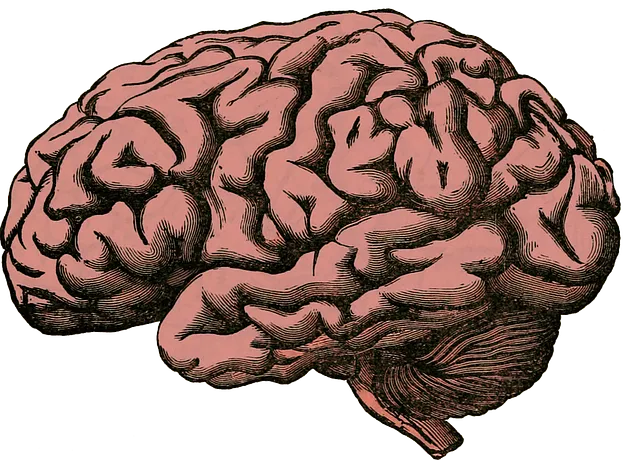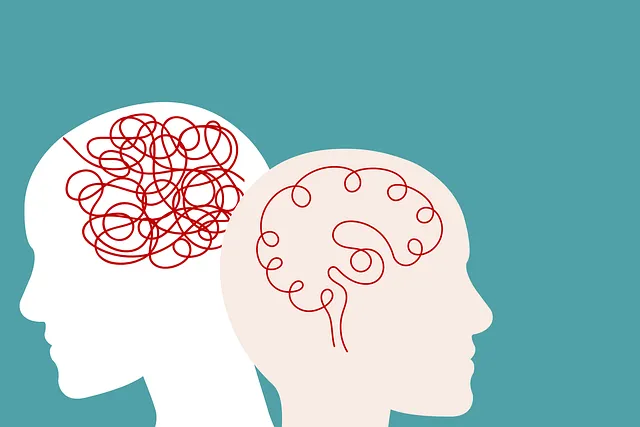In response to limited mental health resources in Colorado Springs, mental wellness apps offer accessible, personalized support through technology. Balancing engagement and therapeutic elements, inspired by Kaiser Permanente's services, these apps include interactive dashboards, mood tracking, gamified challenges, and mindfulness practices. Collaboration with healthcare providers ensures integration of evidence-based strategies like CBT, positive psychology, and cultural competency training for inclusive design. Ultimately, these apps aim to foster lasting positive changes in users' mental well-being.
Mental wellness apps are gaining prominence as essential tools in navigating today’s fast-paced world. With a market analysis highlighting the growing demand for digital therapeutic solutions, this article explores the development of effective mental wellness apps. We delve into key features that foster user engagement and provide support, while emphasizing evidence-based practices. Collaborating with healthcare providers like Colorado Springs Kaiser Permanente Mental Health Services ensures app effectiveness and credibility in addressing rising mental health needs.
- Understanding the Need for Mental Wellness Apps: A Market Analysis
- Designing Effective Features for User Engagement and Therapeutic Support
- Integrating Evidence-Based Practices and Collaborating with Healthcare Providers like Colorado Springs Kaiser Permanente Mental Health Services
Understanding the Need for Mental Wellness Apps: A Market Analysis

In today’s fast-paced world, mental wellness is taking center stage, and the demand for accessible, personalized support has never been higher. This shift is evident in the growing popularity of mental health apps, which offer convenient and confidential ways to connect with care. The need for such applications is especially pronounced in areas like Colorado Springs, where access to specialized Kaiser Permanente mental health services might be limited compared to urban centers. By leveraging technology, mental wellness apps bridge this gap, making professional-level tools and resources available to a broader audience.
Market analysis reveals a significant interest in apps that cater to various aspects of mental well-being. From confidence-boosting exercises to compassion cultivation practices and emotional regulation techniques, users seek digital solutions tailored to their unique needs. This trend reflects a growing awareness of the importance of mental health and a desire for proactive self-care. With the right app development approach, it’s possible to create tools that not only meet these demands but also foster lasting positive changes in users’ lives.
Designing Effective Features for User Engagement and Therapeutic Support

In designing features for a mental wellness app, it’s crucial to balance user engagement with therapeutic support. Apps like those offered by Colorado Springs Kaiser Permanente mental health services should incorporate interactive elements that encourage active participation from users, such as personalized dashboards, mood tracking tools, and gamified challenges. These features not only foster user investment but also provide valuable data for tailoring interventions.
Cultural competency training for healthcare providers is essential in ensuring inclusive app design. By integrating communication strategies that respect diverse cultural backgrounds, the app can offer more meaningful support. Additionally, incorporating practices like mindfulness meditation, a component highlighted by many healthcare provider cultural competency training programs, can enhance user well-being. Such features should be intuitive and adaptable to cater to users’ varying preferences and needs.
Integrating Evidence-Based Practices and Collaborating with Healthcare Providers like Colorado Springs Kaiser Permanente Mental Health Services

Integrating evidence-based practices is a cornerstone of developing effective mental wellness apps. By drawing on research-backed strategies like cognitive behavioral therapy (CBT), mindfulness, and positive psychology, app developers can offer users proven tools for managing stress, anxiety, and depression. Collaborating with healthcare providers such as Colorado Springs Kaiser Permanente Mental Health Services is invaluable in this process. These professionals bring expertise in various therapeutic modalities, ensuring that the app aligns with best practices and clinical guidelines.
Engaging with organizations like Colorado Springs Kaiser Permanente allows developers to stay informed about emerging research in mental health, including innovative approaches like conflict resolution techniques and emotional healing processes. Furthermore, they can benefit from community outreach program implementations, fostering a sense of belonging and support among users. This collaborative approach not only enhances the app’s clinical effectiveness but also ensures it meets the diverse needs of its target audience.
Mental wellness apps have become essential tools in addressing the growing need for accessible and personalized therapeutic support. By combining market insights with evidence-based practices, developers can create effective solutions that cater to diverse user needs. Collaboration with healthcare providers like Colorado Springs Kaiser Permanente Mental Health Services ensures app features align with professional guidelines, fostering a holistic approach to mental wellness. As these apps gain popularity, prioritizing user engagement through intuitive design and tailored content will be key to their long-term success and impact.

